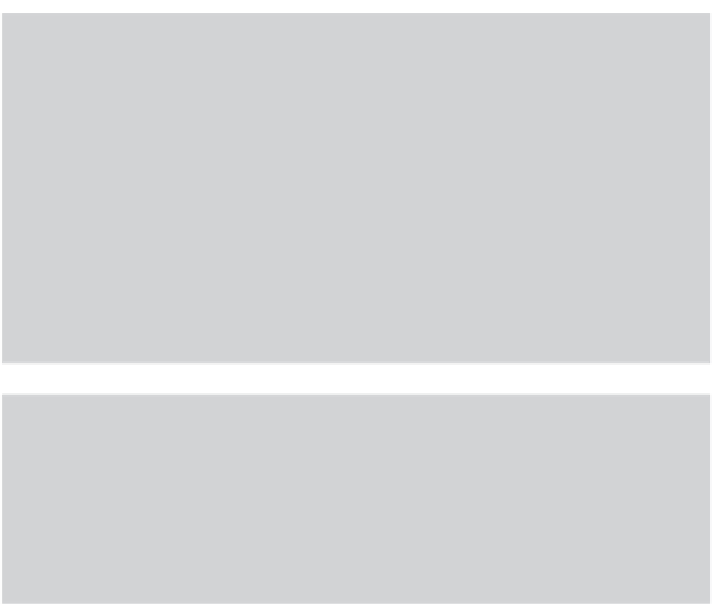Information Technology Reference
In-Depth Information
• There is a gap between programming, which is a real action, and learning
problem-solving methodologies, which is about thinking.
• Since abstraction […] [is] an individual process, there is no unique way “to
do” it, so how can one teach these heuristics?
• These utterances reveal that by asking the prospective teachers to analyze
the teaching of a particular topic, they are indirectly induced to exam-
ine the concept itself and analyze its properties. In the above quotes, we
can see how the prospective teachers refer to topics such as relationships
between thinking-with-examples and abstract thinking, limitations of the
human mind, thinking processes, and the fact that there is no unique way to
implement ideas, such as abstraction. It seems reasonable that such analy-
sis improves the students' understanding of the discussed topic.
Activity 22: Abstraction—Teaching Programming Heuristics
This activity consists of a class discussion on the question: Is it possible to
teach programming heuristics in the same way as other computer science
ideas are taught? This discussion addresses the multifaceted nature of top-
ics, such as abstraction, and serves as an excellent opportunity to discuss the
teaching of other soft ideas versus the teaching of rigid computer science
concepts.
3.8
Computer Science as an Evolving Discipline
Computer science, like other disciplines, keeps changing. Nevertheless, while its
core ideas remain (more or less) constant, its relevance to the society increases.
In this section, we describe two topics that may reflect this idea—Big Data (Data
Science) and Cyber—which we suggest to address in the MTCS course for three
reasons. First, by addressing these topics in the MTCS course, the instructor can
demonstrate to the computer science prospective teachers how new topics in com-
puter science are based on its foundations; second, these topics show how computer
science enhances the citizen's understanding and use of cutting edge technologies;
and third, the prospective computer science teachers may improve their understand-
ing of these topics. Indeed, in recent years, more and more courses are taught on
these topics (see, e.g., Anderson et al.
2014
), which reflect the more and more cen-
tral position that this topic gets.


Search WWH ::

Custom Search